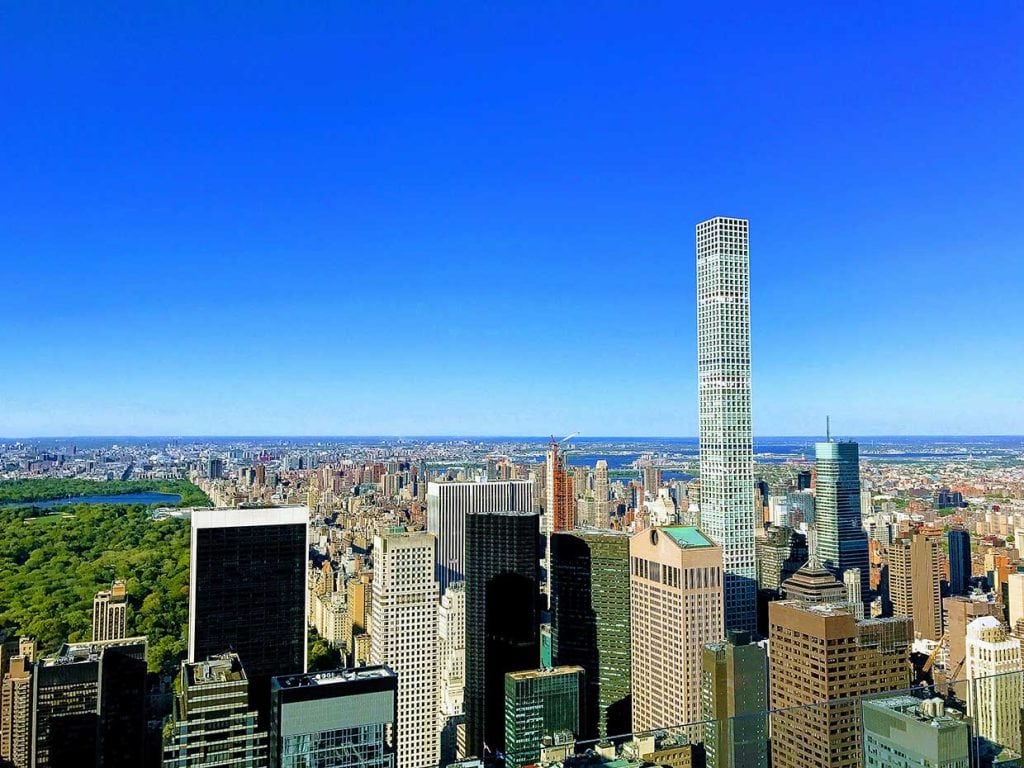In the previous months, we have witnessed the rise in the number of virtual events and we often hear about online workshops, trainings, classes, and webinars. Many are already flaunting the benefits of online learning platforms.
In reality, our current quarantine situation allows us to be more engaged and interactive though we are socially distanced. That is why many companies are using these virtual events as a tool to continually reach a broader audience, higher engagement, and allow other people to learn from the experts.
Considering the huge potential and emerging trends of e-learning presented through digital events, Grohe, a leading global brand for complete bathroom solutions and kitchen fittings, organized the Design Deep Dive Live Sessions aiming to discuss the relevant issues about the impact of COVID-19 in the Philippines and the ways and challenges in designing better cities and infrastructure for a post-pandemic and pandemic-ready world.
Its webinar series sub-themed “Co-creating with the Government: Opportunities for Positive Change” was successfully live-streamed on August 5. It was attended by hundreds of architects, designers, clients, business owners, developers, students, and other industry-related professionals.
The webinar features AECOM vice president Sylvester Wong, PPP Specialist of Asian Development Bank Office of Public-Private Partnerships Sanjay Grover, and Budji+Royal Architecture and Design president and CEO Royal Pineda together with the three on-screen reactors L.A. Poco Architects & Associates Partner architect and urban planner Leandro Poco, MSc; Lawyer and independent consultant for Public Policy Marco Sardillo III; and BAAD Studio company director and founder Benjamin Mendoza. The live session was moderated by Judith Torres.
The first speaker, AECOM’s Wong discussed his topic and perspective through his presentation “Bold, Bold, Bold: Igniting Resilient Cities with Life.” AECOM has been in the industry since 1996 as an infrastructure company. Wong wanted to make a point that in order to build a life with our cities, he said that it is not just about physical planning but it’s what we catalyze. As they co-create with the government, it is important for them that they will be able to give them purpose and outcome. In his presentation, he also shared their company’s framework called LIFE, which stands for Legacy building, Innovation, Future-ready, and Enabled. He said, “Legacy is not just about what you leave behind as a physical but what kind of generation you are able to create in the future.” Wong strongly believes that now is our time to do something strong, to do things differently than before.
Sanjay Grover, the PPP specialist of Asian Development Bank Office of Public-Private Partnerships, tackles the context of “Creating Investable Cities in a Post-COVID-19 Asia.” As the COVID-19 pandemic brought cities worldwide to a standstill, he was quick to point out that around the world, COVID-19 has exposed cities’ vulnerabilities such as a low capacity for health preparedness and response; while in Asia, it has exposed cities’ vulnerabilities beyond climate change and the significant underinvestment in social infrastructure — health, education, and housing. Emerging from the COVID-19 crisis, he shared that ADB develops a strategic approach and uses its resources to help cities think holistically about resilience with a focus on financial resiliency; infrastructure development; and capacity building. With an encouragement to take our current situation as an opportunity for positive change and all of us to come back better, he ended his presentation emphasizing the shift toward improved climate resilience matched with an increased focus on financial and social resilience to build a better normal.

The last speaker, Budji+Royal’s Royal Pineda, presented the concept of authenticity as an approach to nation-building. Pineda considers himself and his team as an advocate of modern Filipino architecture and design. With an advocacy to create a better Philippines through their architecture and design, they are presenting their projects and plans to the government as a main advocate of what is Filipino, who is Filipino. He stressed that the government itself wants to be progressive and advanced. In fact, the government is also looking for something that is not stagnant. With all the precepts, philosophies, and ideas they have shared with the government, Pineda acknowledges that they need to work with others because they believe that the Philippines can develop and progress to be global but with the help of collaboration — and this is our modern bayanihan.
As Pineda said during his presentation: “We can make our country better and we can still make it Filipino. It does not have to be a copy of the best of the world, but it can be the best of the world because it’s Filipino.”
